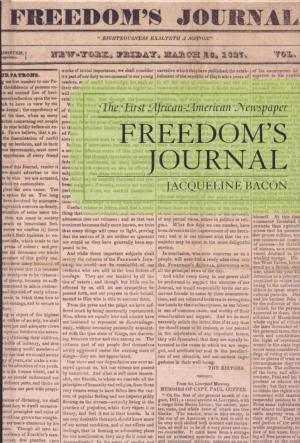Branded Bodies, Rhetoric, and the Neoliberal Nation-State
Nonfiction, Reference & Language, Language Arts, Public Speaking, Rhetoric, Social & Cultural Studies, Political Science, Politics, Economic Conditions, Communication| Author: | Jennifer Wingard | ISBN: | 9780739180211 |
| Publisher: | Lexington Books | Publication: | November 29, 2012 |
| Imprint: | Lexington Books | Language: | English |
| Author: | Jennifer Wingard |
| ISBN: | 9780739180211 |
| Publisher: | Lexington Books |
| Publication: | November 29, 2012 |
| Imprint: | Lexington Books |
| Language: | English |
Branded Bodies, Rhetoric, and the Neoliberal Nation-State, by Dr. Jennifer Wingard,explores how neoliberal economics has affected the rhetoric of the media and politics, and how in very direct, material ways it harms the bodies of some of the United States’ most vulnerable occupants. The book is written at a moment when the promise of the liberal nation state, in which the government purports to care for its citizens through social welfare programs financed by state funds, is eroding. Currently, state policies are defined by neoliberal governmentality, a form which privileges privatization and individual personal responsibility. Instead of the promise of citizenship and the protections that come with it, or “the American Dream” to use a more common euphemism, the state uses certain bodies that will never be accepted as citizens as an underclass in service of capital (think “Guest Worker Programs”). And those underclassed “bodies” are identified through branding.
In order to demonstrate just how damaging branding has become, Wingard offers readings of key pieces of legislation on immigration and GLBT rights and their media reception from the past twenty years. By showing how brands are assembled to create affective threats, Branded Bodies, Rhetoric, and the Neoliberal Nation-State articulates how dangerous the branding of bodies has become and offers rhetorical strategies that can repair the damage to bodies caused by political branding. Branded Bodies, then, is an intervention into the rhetorical practices of the nation-state. It attempts to clarify how the nation state uses brands to forward its claims of equality and freedom all the while condemning those who do not “fit in” to particular categories valued by the neoliberal state.
Branded Bodies, Rhetoric, and the Neoliberal Nation-State, by Dr. Jennifer Wingard,explores how neoliberal economics has affected the rhetoric of the media and politics, and how in very direct, material ways it harms the bodies of some of the United States’ most vulnerable occupants. The book is written at a moment when the promise of the liberal nation state, in which the government purports to care for its citizens through social welfare programs financed by state funds, is eroding. Currently, state policies are defined by neoliberal governmentality, a form which privileges privatization and individual personal responsibility. Instead of the promise of citizenship and the protections that come with it, or “the American Dream” to use a more common euphemism, the state uses certain bodies that will never be accepted as citizens as an underclass in service of capital (think “Guest Worker Programs”). And those underclassed “bodies” are identified through branding.
In order to demonstrate just how damaging branding has become, Wingard offers readings of key pieces of legislation on immigration and GLBT rights and their media reception from the past twenty years. By showing how brands are assembled to create affective threats, Branded Bodies, Rhetoric, and the Neoliberal Nation-State articulates how dangerous the branding of bodies has become and offers rhetorical strategies that can repair the damage to bodies caused by political branding. Branded Bodies, then, is an intervention into the rhetorical practices of the nation-state. It attempts to clarify how the nation state uses brands to forward its claims of equality and freedom all the while condemning those who do not “fit in” to particular categories valued by the neoliberal state.















